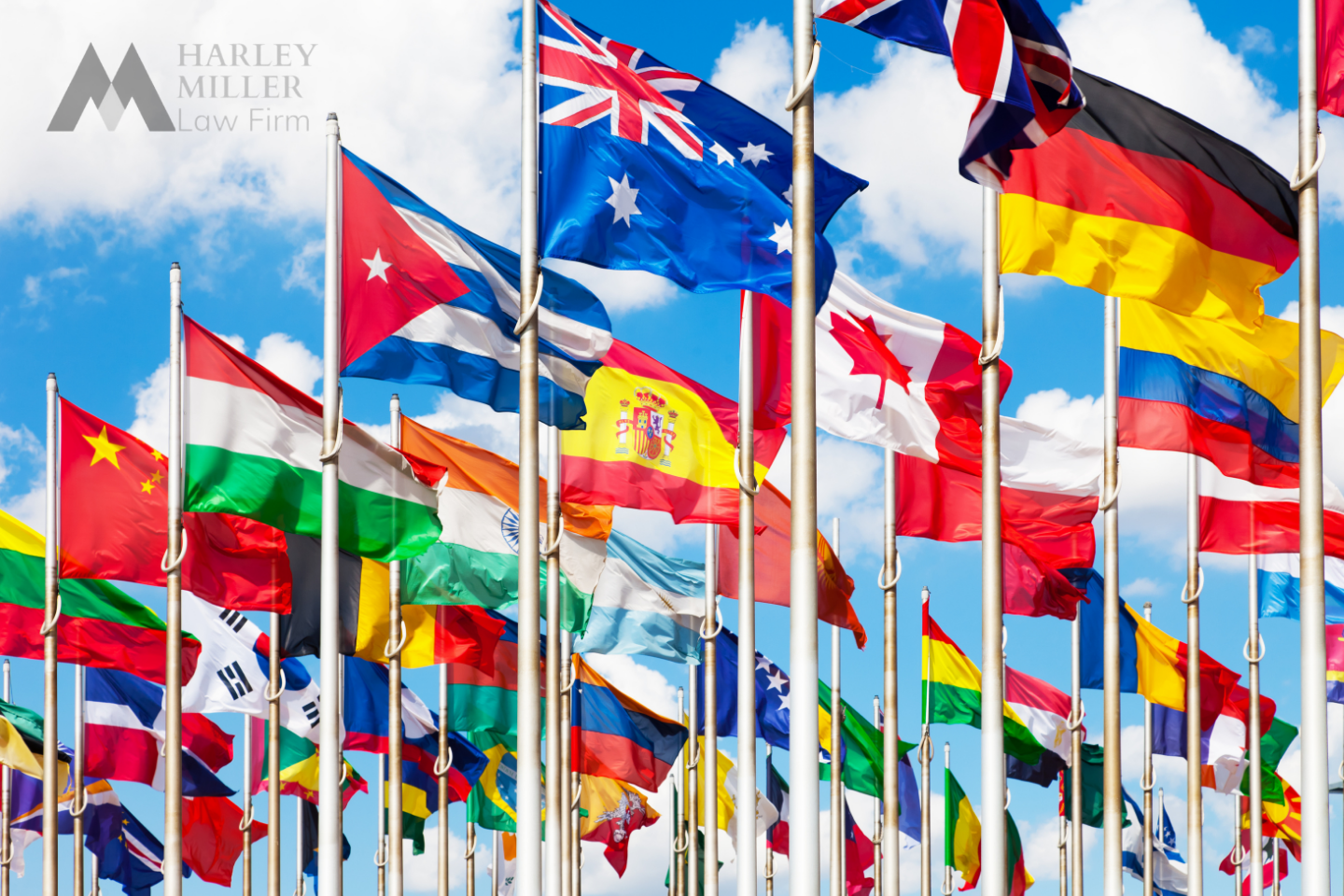Vietnam will impose a global minimum tax of 15% on corporations next year. This move is likely to make the country less attractive to foreign direct investment.
1. The global game cannot be ignored
This policy applies to corporations. Large companies with a turnover of 750 million EUR or more will be required to pay a 15% tax, regardless of country. This marks the deepest overhaul of cross-border tax rules in decades. When these companies invest in foreign countries and pay income tax in the country of investment below 15%, they will have to pay the difference in the country where their headquarters are located. Vietnam currently applies a tax rate of approximately 12.3% to foreign investment projects. Therefore, if Vietnam continues to maintain this tax rate, investors will need to pay the remaining 2.7% to the parent company.
The goal of this overhaul is to ensure that technology superpower companies do not gain an unfair advantage by locating their income in low-tax jurisdictions.

More than 140 countries, including Vietnam, have agreed to a global minimum tax rate rule. Vietnam’s participation in this agreement shows that we are keeping up with the times and aligning our behavior with reality. The Organization for Economic Cooperation and Development (OECD) estimates that this tax will generate an additional $220 billion in tax revenue globally.
The global minimum tax rate rule will create a common ground for tax policies among all countries. Tax incentives will no longer affect Vietnam’s attractiveness in attracting foreign investment. It is estimated that about 1,015 foreign direct investment (FDI) enterprises operating in Vietnam will be affected by this policy.
2. What steps should the government take to retain foreign direct investment (FDI)?
If Vietnam does not have reasonable and timely reforms on tax incentives, in the case of competitors who are countries attracting and receiving foreign investment, consider preferential measures and policies. With favorable investment incentives to accommodate the global minimum tax, Vietnam may be left behind in attracting foreign investment.
In order to protect tax revenue, Vietnam can consider the immediate solution of applying a Qualified Domestic Minimum Top-up Tax (QDMTT) mechanism to win the right to collect the additional tax before other countries. This is an immediate solution to consider so that Vietnam can protect its taxing rights by gaining the right to collect additional taxes before other countries.
Simply put, the country that implements the QDMTT will have first priority in collecting extra taxes from firms situated in its jurisdiction. If there is no QDMTT, the money will sent to another nation in accordance with the Pillar 2 regulation (the global minimum tax rate of 15% applies to major firms with consolidated global revenues of 750 million EUR or more). Thus, if QDMTT is applied, Vietnam will retain the right to tax and investors also determine the obligation to pay additional tax in Vietnam instead of moving to another country to pay this additional tax.

3. What should businesses covered by the global minimum tax do?
FDI plays a major role in Vietnam’s economy. Foreign companies contribute more than 20% of GDP and account for 72% of exports. To well-preparing for FDI companies, we recommend some actions that businesses can consider such as:
Impact assessment: The foreign-invested enterprise will assist the Parent Company in assessing the impact of the Global Minimum Tax. Example of effective tax rate assessment of corporations in Vietnam. Modeling the impact assessment in 2 cases: In the case where Vietnam will deploy the standard minimum domestic tax – QDMTT and the case of not deploying QDMTT tax.
Follow up and have a thorough understanding of tax regulations: To best prepare for the adaptation of the new global minimum tax regulations, businesses need to carefully study the new regulations (especially the QDMTT tax) and the OECD Global Minimum Tax. In addition, businesses need to study the Government’s preferential alternatives for investment activities to understand requirements, and take advantage of opportunities to meet the requirements.
Proactively recruit: The implementation of the Global Minimum Tax and Vietnam QDMTT tax can be very fast and require complex administrative procedures. Enterprises need to prepare resources such as human resources, tools, consultants, etc. to be ready for deployment.

4. Conclusion
The Global Minimum Tax Policy does not rule out the possibility of continuing to employ tax breaks to encourage investment. Vietnam needs to strengthen or simplify new anti-tax avoidance rules and strengthen tax administration capacity. This is really an opportunity for Vietnam. If using the additional tax source becomes a benefit for both the government and investors, we will create new benefits in the future.
HMLF is a Law Firm providing legal services to Enterprises especially FDI companies that want to invest in Vietnam. With a team of experts and enthusiastic staff – HMLF try to provide optimal solutions to bring customers satisfaction when experiencing legal services.

Harley Miller Law Firm “HMLF”
Head office: 14th floor, HM Town building, 412 Nguyen Thi Minh Khai, Ward 05, District 3, Ho Chi Minh City.
Phone number: 0937215585
Email: hmlf.vn


